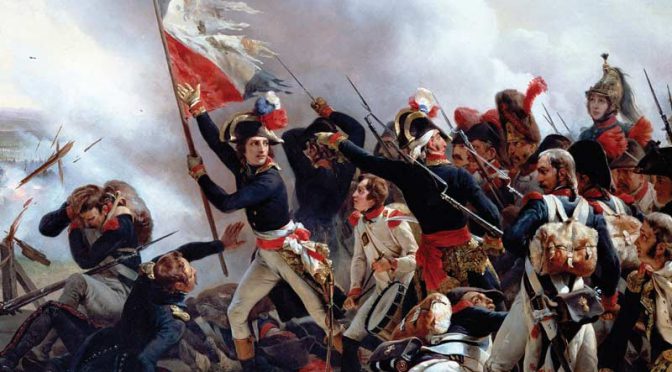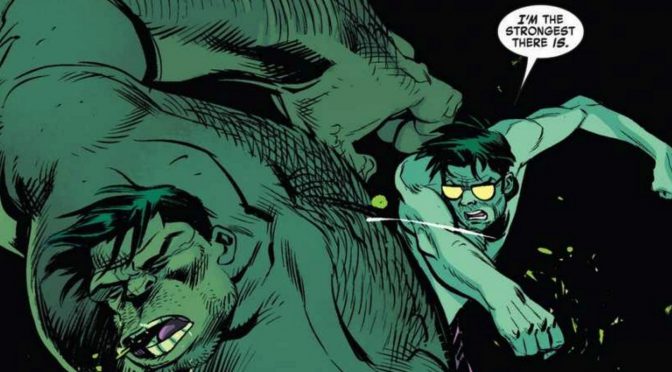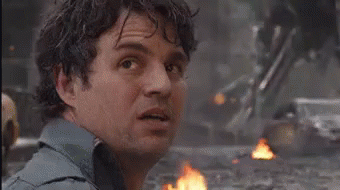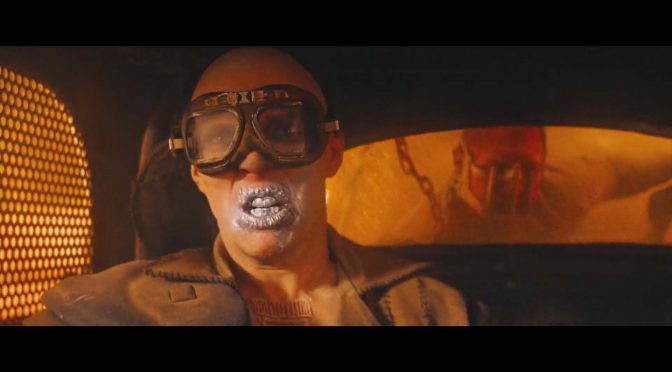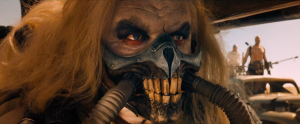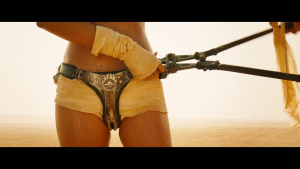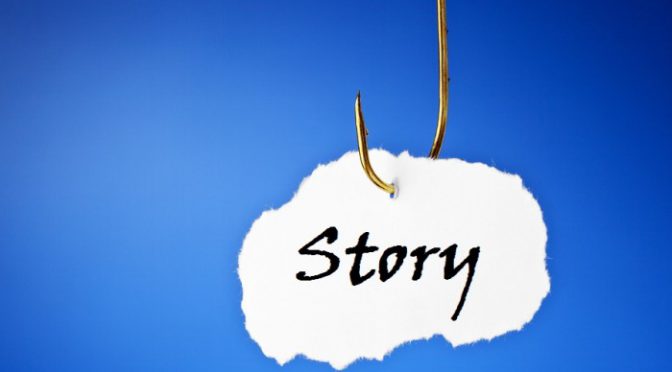(To ensure there’s no confusion here: I am not a lawyer, I am a writer who has an interest in this subject because I would like to not be sued or ripped off. Noble motivations, I assure you.)
Copyright, it’s a funny thing. Most people have a basic understanding of it, but that understanding tends to be fairly black and white. Some people assume that it should be mostly common sense, but that’s not always true. Things that everyone tends to “know” about the system are usually pretty subjective and can be swayed by a good legal team. And other things that people “know” may be flat out wrong in some cases.
When I wrote the post that eventually got this discussion rolling, one of those things people “knew” is that a copyright holder is obligated to sue to defend their copyright. This is an opinion that a lot of people had based on a misunderstanding and outdated information. Once upon a time, it would have been totally true (and still is in some circumstances and locales). But one of the few things about modern US copyright law that I really like is that we currently don’t require a copyright holder to do anything to maintain their copyright. You can register, but that registration is mostly meant for your future legal cases if you want to draw damages. The minute you publish original content in the US, you own it, no questions asked. A failure to register doesn’t lose you the copyright, it just makes your lawsuits a little trickier.
Instead, lawsuits are generally used to either stop an action, punish a violation, or to ensure that the right people are being paid for a work. These are entirely voluntary. That’s not to say that filing the lawsuit makes you a dick, not at all, you should have the right to defend your work. Rather, when someone says that the lawsuit was an obligation, they’re working under a false assumption. Corporations aren’t “obligated” to protect their copyright from fear of losing it since it’s nearly impossible to lose a copyright. Their lawsuits on copyright are entirely about ensuring that no one else profits from their work or prevents them from profiting on it themselves.
On the other hand, trademark law tends to be… Continue reading Copyright Confusion: Trademark Edition!



